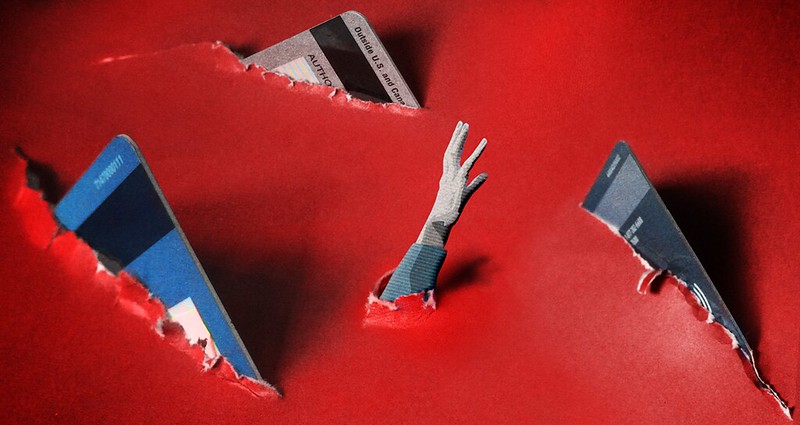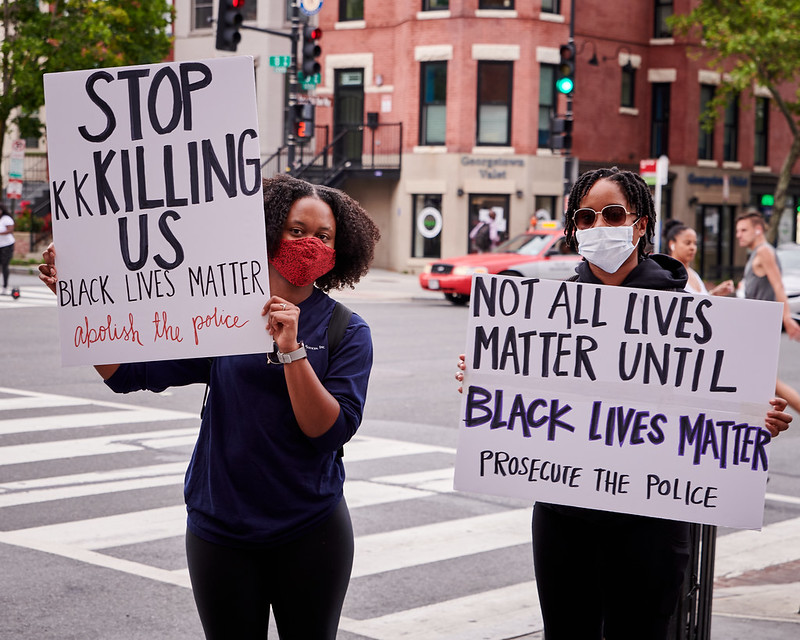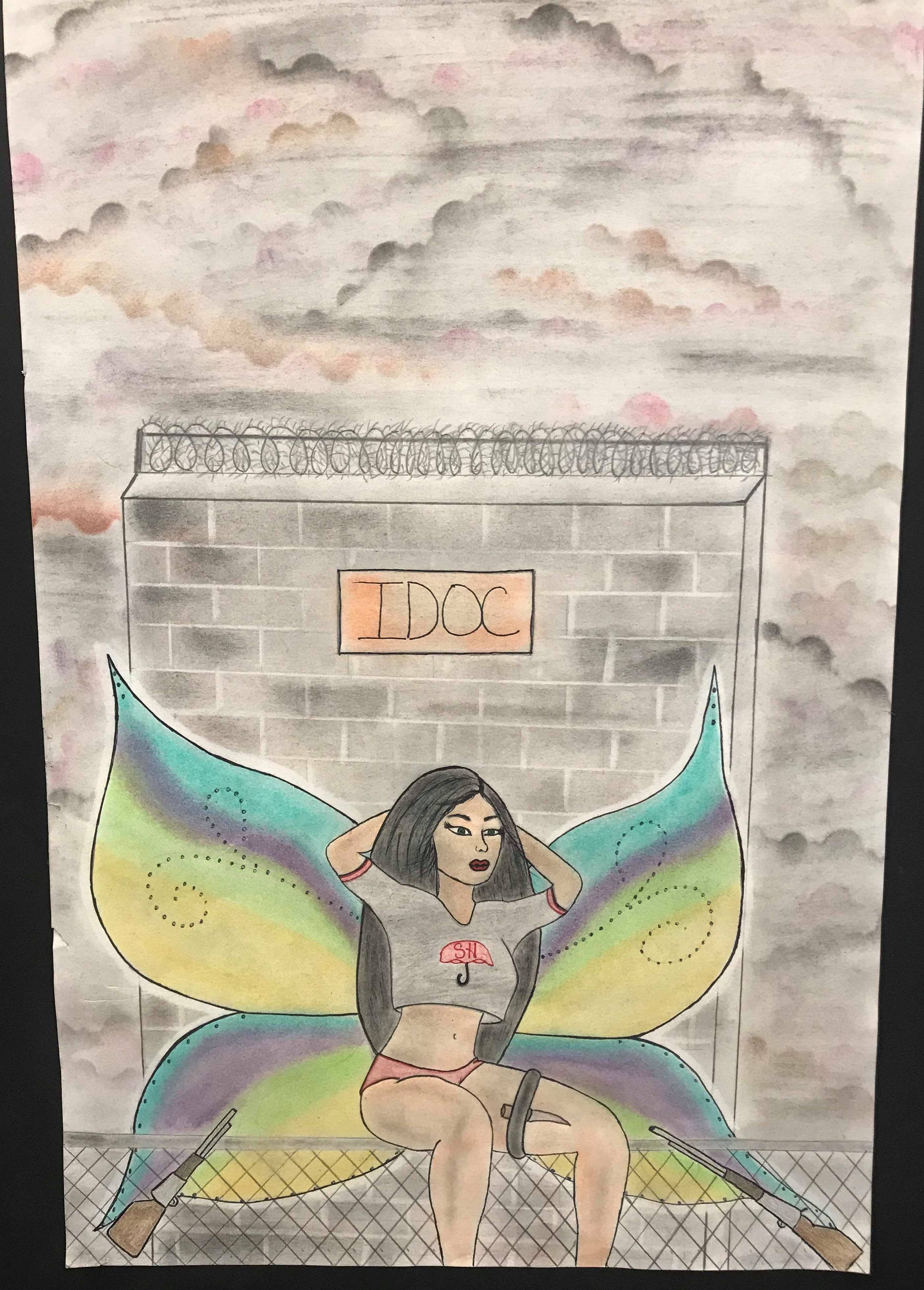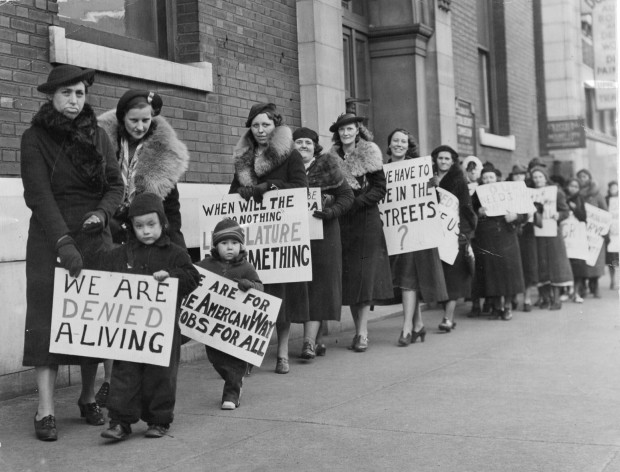by Jackie and Alex Jackie’s story, like that of so many, begins with domestic violence, violence she weathers with the help of her sex work. Her son’s father continuously uses abusive financial tactics, severing any ability she’s ever had to gain ground in her life. Her ten-year-long saga has kept her working under the table,… Continue reading Holy Shit: Adventures In Survival Sex Work And Stimulus Checks
Tits and Sass Stands With Black Lives Matter
UPDATED FROM 2016: Four years later, Tits and Sass and the sex worker community reiterate our alliance with the Black Lives Matter movement and all communities of color protesting the police nationally. We have updated the list of fundraisers below through which you can demonstrate support. Twitter user @Chateau_Cat has compiled an ever-growing list of… Continue reading Tits and Sass Stands With Black Lives Matter
“If U Only Knew How They Were Really Doing Us”: Inside/Outside Communication During A Pandemic
by Alisha Walker and Red Schulte (written by Red, with editing and considerable input from Alisha) Alisha Walker is a 27-year-old former sex working person originally from Akron, Ohio. She was criminalized for an act of self-defense when a regular client threatened her life and the life of a fellow worker in January 2014. A… Continue reading “If U Only Knew How They Were Really Doing Us”: Inside/Outside Communication During A Pandemic
Can You Make Six Figures A Year Off Reply Guys? Caroline Calloway Thinks So.
The week before the health department shut down all bars was a brutal one at my club. The upside was that there were so few customers and so little cash changed hands that it didn’t feel like we were getting exposed to much of anything besides boredom. The owner was berating dancers for not working… Continue reading Can You Make Six Figures A Year Off Reply Guys? Caroline Calloway Thinks So.
Sex Workers: YOU CAN AND SHOULD REQUEST PANDEMIC RELIEF
So we’re about a month into strip clubs being shut down. Before that, most in-person sex workers had already been worried about the potential of getting or spreading COVID-19 (the illness caused by the coronavirus) at work, and probably noticed a significant dip in business. Most times we’d be SOL when it comes to accessing… Continue reading Sex Workers: YOU CAN AND SHOULD REQUEST PANDEMIC RELIEF




